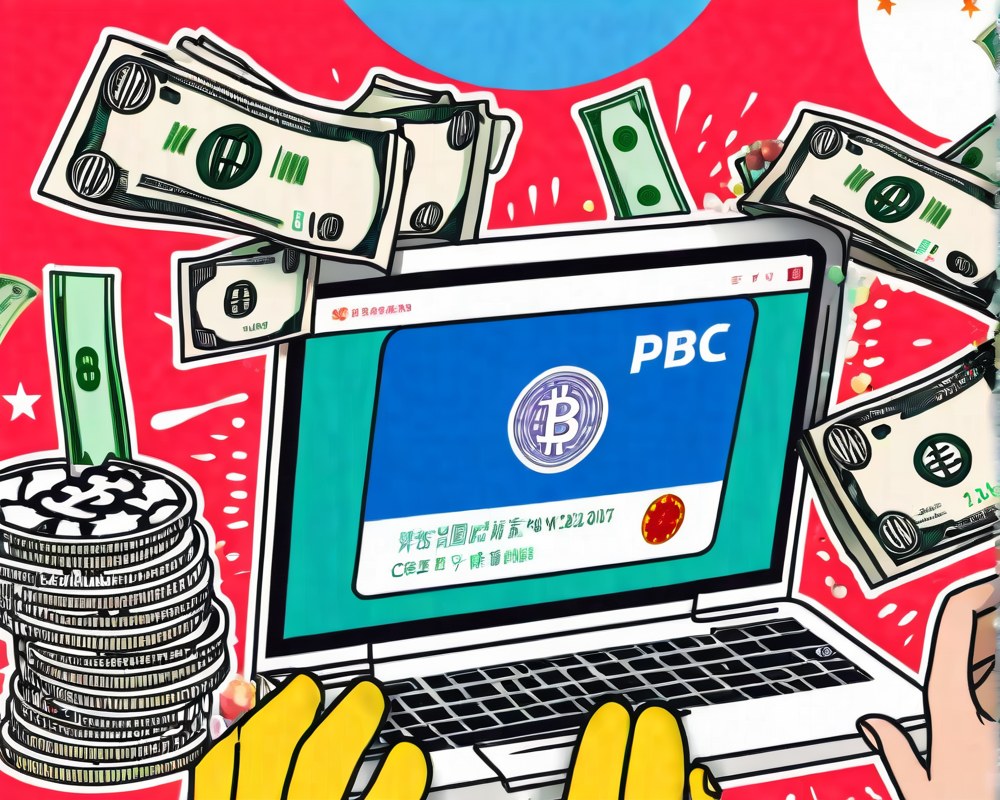Understanding the PBOC’s Cash Transaction Restrictions
The People’s Bank of China (PBOC) is ready to take a hard look at how cash flows through its economy. Starting with a pilot program in three regions—Hebei, Zhejiang, and Shenzhen—the PBOC plans to restrict large cash handling to combat illegal activities. If you thought making a big cash withdrawal was as simple as ordering a coffee, think again!
Cash Management Trials: What to Expect
Set to unfold over two years, this initiative will gradually implement restrictions on large cash transactions. The PBOC explained that high-volume cash activities are like an open invitation to criminal mischief—think tax evasion, money laundering, and corruption. This has raised the eyebrows of many, and perhaps a few cash-stuffed mattresses.
Details of the Transaction Restrictions
The scale of these cash limitations is quite the show-stopper:
- For business accounts, cash deposits or withdrawals over 500,000 yuan (around $71,000) will be limited.
- For personal accounts, restrictions vary with caps between 100,000 yuan ($14,000) and 300,000 yuan ($43,000) depending on the province.
Additionally, certain sectors, especially real estate, medicine, and auto sales, will be scrutinized more closely to ensure there’s no funny business going on.
Digital Yuan on the Horizon?
Chinese crypto expert Dovey Wan suggests that these cash limits are not just a quirky policy but a prelude to the launch of the digital Renminbi (RMB). Unlike Bitcoin’s freewheeling nature, the digital RMB will be more closely tethered to the central bank’s strings. Binance CEO Changpeng Zhao believes this move is a strategic march toward making the RMB a real contender on the global currency stage.
Not a War on Cash, However…
To dispel any fears that this is the start of a cash-free world, Mu Changchun, head of the PBOC’s digital currency research unit, has been vocal in clarifying that this initiative isn’t a declaration of war on cash. Instead, it’s about creating harmony between the digital yuan and the cash yuan; after all, change is most effective when it takes baby steps.
What This Means for Consumers
For average customers, these changes might complicate big cash transactions and encourage a shift to digital payment methods. So if you’re planning to move money around like a game of Monopoly, take note—those days might be numbered!




